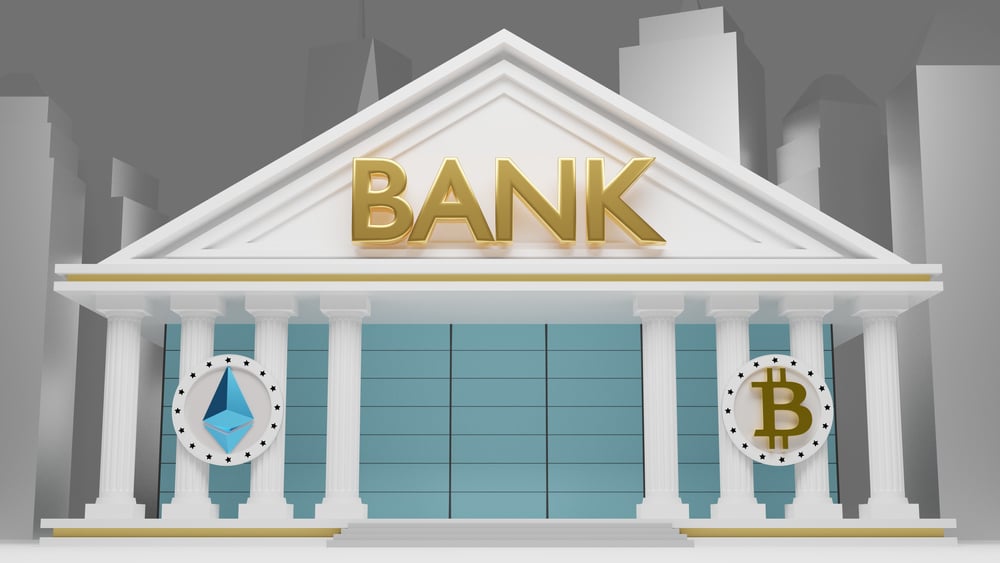
HSBC Australia Halts Crypto Exchange Payments to Prevent Scams
HSBC Bank of Australia recently issued a directive to block all payment options for crypto exchanges. About 6 banking firms hailing from the region have taken this approach.
However, one industry executive has noted that this decision takes away the financial rights of Australian investors to participate in the crypto economy. The International arm of HSBC recently notified its customers about blocking payment channels to major crypto trading platforms.
Crypto Payment Ban
The ban is set to take effect starting from 24th July. With this notification, the firm has become one of the largest banking firms in the region to enforce a crypto payments ban. The charter sent to customers of the banking reads that the bank will impose a crypto payment ban effective from 24th July via bank accounts and credit cards.
The bank has noticed that the decision was taken as part of the consumer protection policy. The bank further notified the customers about the latest changes taking place in the sector starting from 24th July citing the new safety policy.
The bank further stated that if the customers were planning to keep investing in cryptocurrencies they would have to make alternative arrangements. HSBC quoted statistics published by the Competition and Consumer regulatory authority of Australia.
The firm noticed that Australian investors lost around $171 million owing to scams during the last year. The bank also apologized to the customers for inconveniences and noticed that the priority for the firm was to ensure the security of customer funds.
Australian Bank Bans Account Holders from Investing in Cryptocurrencies
Following the notification from HSBC regarding the crypto ban, another Australian bank Bendigo Bank undertook the same steps. The bank noticed that the step was taken to prevent the customers against any scams.
Managing Director of Digital Economy Council of Australia (DECA) Amy-Rose Goodey stated that the firm was not pre-informed about the banning decision of HSBC Bank. However, this recent development has speculation among investors about ongoing challenges facing the crypto sector in Australia.
Goodey noticed that the crypto industry is currently at odds with the local banking sector. She further stated that the trend was not an isolated incident and was indicative of a concerning trend of restrictions facing the cryptocurrency sector.
She further noticed that there was an important need for establishing dialogue and better regulatory policies as a way to support innovation with a view to address potential risks. The MD stated that more Australian investors are in danger of losing financial rights and partake in the digital economy.
She emphasized on the importance of establishing clear, fair, and forward-thinking legislative policies. Banks and industry participants will be able to tackle any scams without letting go of innovation.
She noticed that the association was moving in the right direction since 2023. DECA joined the advisory board of the National Anti-Scam Center. On the other side, HSBC has maintained that it will only allow deposits from crypto exchanges and continue to operate as usual.
Australian Regulators to Take Action Against Crypto Gambling Sites
The government of Australia is taking a stringent stance towards betting sites that allow users to invest with cryptocurrencies. Crypto investors have been asked to avoid wasting money on betting.
A considerable number of these sites have added crypto and credit card payment options as ease for onboarding. Canberra Times published a report on the matter on 11th June noting that Australian regulators blocked digital currency and credit card payments on betting sites.
The government has also made a public declaration that any financial service provider failing to comply with the policy could face a fine of 234,650 AUD or $155k. As per the new policy, it is prohibited for service providers to enable credit card, crypto, and other forms of payment options on betting websites. These guidelines are also aligned with Australian laws regarding onsite betting businesses.




